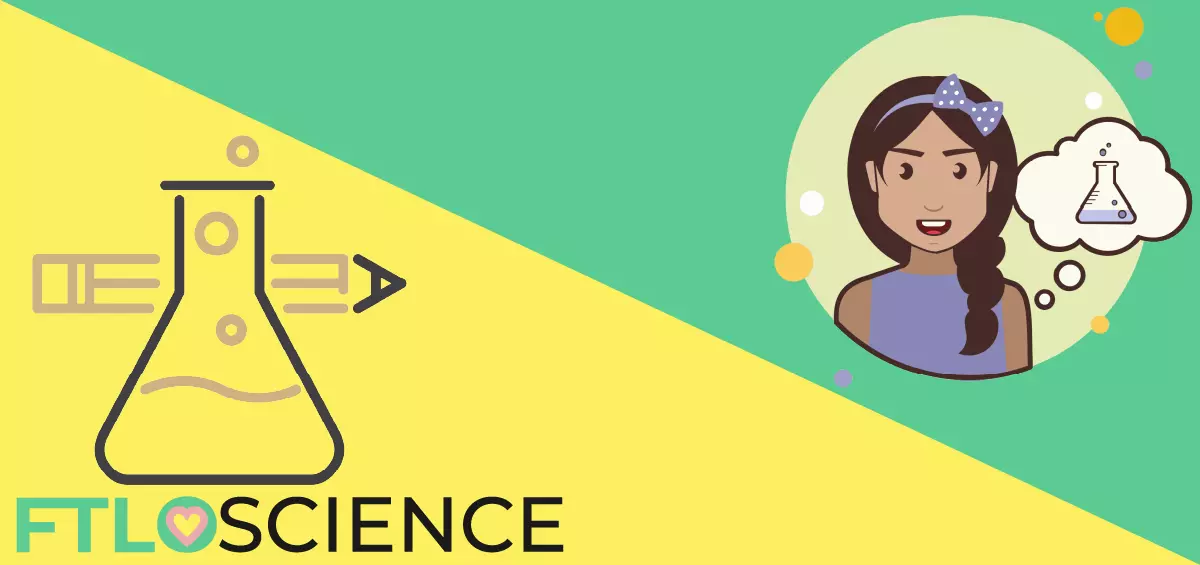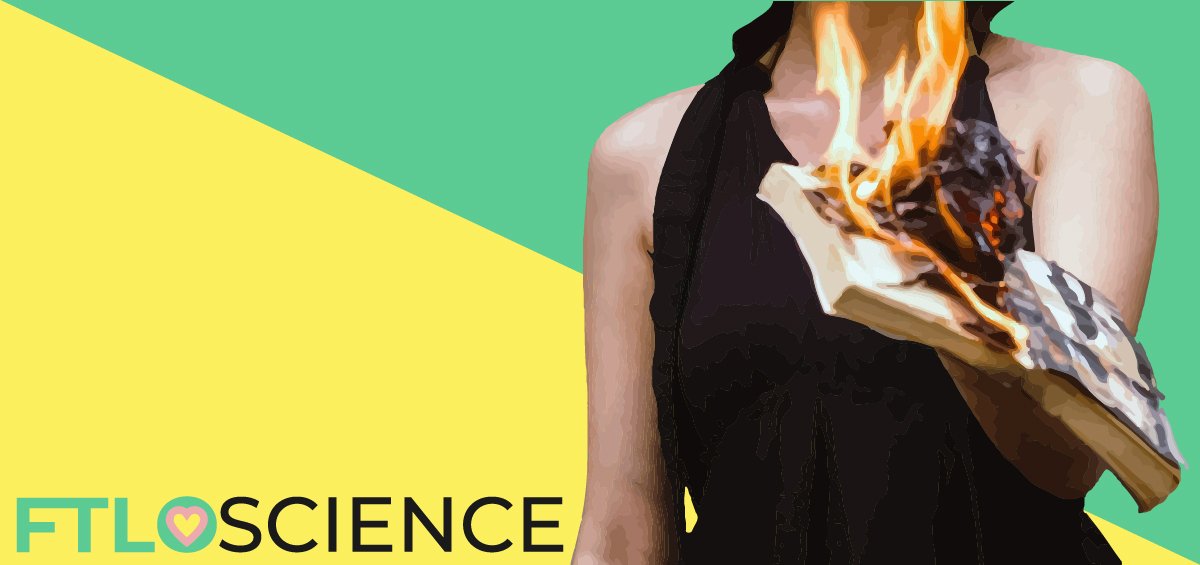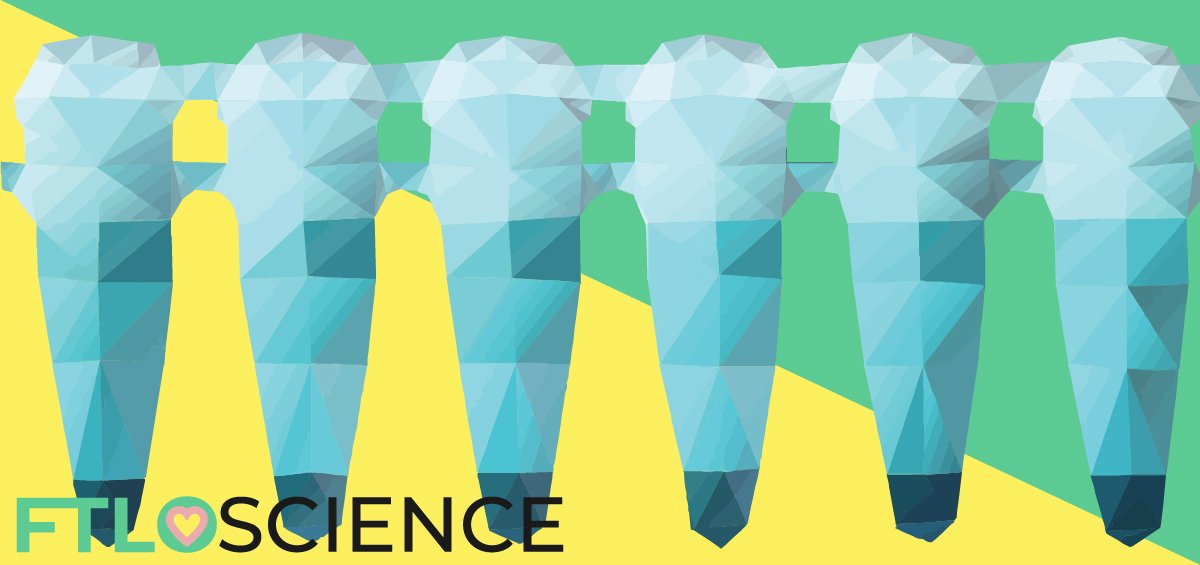Society suppresses the sense of curiosity we have as children, causing us to grow into scientifically illiterate adults. This behavior is passed on to their children; humanity is trapped in a cycle of ignorance. We can break free of these shackles by fostering the love of science through science communication (SciComm), promoting scientific literacy in ways that education systems often fail to.
Humans are Naturally Curious
Science is about asking questions; to be scientifically literate is to ask the right questions. All the discoveries that benefited humanity during our time on this planet have stemmed from people posing the right questions to the natural world and coming away with a satisfactory answer.
Of course, for every successful discovery or invention lies a multitude of failed attempts. It’s not easy coming up with the correct questions to ask. But the knack for problem-solving is literally in our DNA. After all, humanity’s eagerness to question and subsequently learn from the answers is the reason for our evolutionary success.
This is apparent in children’s inherent curiosity; we are born as scientists. When we are young, we question everything to better understand the world around us. Yet this sense of wonder is eroded as we age to the point where we are hesitant to challenge authority and the status quo.
Instead of suppressing our curiosity, children should be taught to use it as a tool to make better decisions and lead more fulfilling lives.
Curiosity and The Scientific Method
What does this have to do with science? In the scientific method, the process of asking the right questions is known as hypothesis testing: the systematic probing of a theory to see if it holds any water.
Francis Crick—the co-discoverer of DNA structure—maintained a blackboard in his research laboratory. Written on the board would be a theory one of the lab members had come up with or something from a recently published paper, a hypothesis of relevance to the science they were doing.
Over time, lab members would come up with experiments to test the hypothesis. And they would return with results to see if they agreed with the theory. The theory would be promptly dismissed if it didn’t fit the experimental results. If it did, additional iterations of experiments would be designed to test the idea further.
With each experiment that failed to disprove the hypothesis, the lab members would become more confident that the theory was sound. This is the basis of the scientific method. Done correctly, this form of systematic questioning helps us obtain the closest version of the truth there is.
The beauty of the scientific method is that it isn’t just restricted to the realm of science!
Suppose we take this approach to life: always putting what we hear or read through multiple tests and perspectives. With each iteration, we would get closer and closer to the truth.
If we are taught to apply hypothesis testing to our daily lives, we can protect ourselves from misinformation, intentional or otherwise. Authority figures would have less power over us and our way of thinking, knowing their claims would be put to the sword.
Instead, many of us are content with accepting whatever the media feeds us or what we hear from the people around us. Primarily when our emotions are involved, we become easily influenced—eager to glorify and crucify based on the current zeitgeist of society.
Why Isn’t Scientific Literacy Taught in Schools?
How did this happen, you may ask? Don’t we all learn science at school? Yes, but science is not the same as scientific literacy. Whereas science is an understanding of how the world around us works, it doesn’t directly teach us to scientific literacy: the skill of asking the right questions from an objective perspective.
Science and scientific literacy are two different things. It is comparable to learning how a car works versus learning to drive a car. You don’t need a science background to be scientifically literate! And just because you know a great deal of science doesn’t automatically mean you are scientifically literate (though it certainly helps).
Scientific literacy rates today are so poor because education—in its current state—is not designed to be a social leveler. It is a playground for those in power to remain in power by attributing value to rote learning and memorization, instead of nurturing our ability to ask the right questions.
How Science Communication (SciComm) can Drive Scientific Literacy
Science communication, or SciComm, bridges the gap between scientists and the general public by unscrambling scientific jargon into easily understandable language. If done correctly, SciComm also has the power to bridge the gap between science and scientific literacy.
You see, the stuff that appears in textbooks has been wrung through the scientific method many times. Concepts like Newton’s laws, natural selection and cell theory, have all been tested to the point where the scientific community accepts them as fact.
SciComm, on the other hand, showcases scientific discoveries at the frontiers of research beyond what is available in textbooks and mainstream media. New research is less black-and-white and more exciting; we are exposed to debates and disagreements between groups of scientists, fresh perspectives and even the occasional retraction.
Take ‘Power Posing’ as a recent example, once heralded as a hack to release confidence-boosting hormones. Scientists tested the hypothesis independently and promptly exposed it as pseudoscience. Many other instances of fraud and misinformation in science have been exposed through objective questioning.
Through SciComm, the public can appreciate science’s limitations, scientists’ imperfections and how scientific literacy gives us the power to challenge what might be widely accepted. By understanding how scientists overcome obstacles in the real world, we might also apply these skills in our everyday lives.
Parents can also influence their children to become scientifically literate. If a child’s curiosity is positively reinforced at an early age, they will grow up to become critical thinkers. They will question authority, hold the powerful accountable and challenge the status quo. In turn, they will transfer these values of scientific literacy to future generations.
A scientifically literate world is one where we can effectively overcome issues threatening our survival through objective, evidence-based solutions. We must embrace our natural curiosity and desire for knowledge to break this cycle of ignorance before it is too late.
About the Author

Sean is a consultant for clients in the pharmaceutical industry and is an associate lecturer at La Trobe University, where unfortunate undergrads are subject to his ramblings on chemistry and pharmacology.




